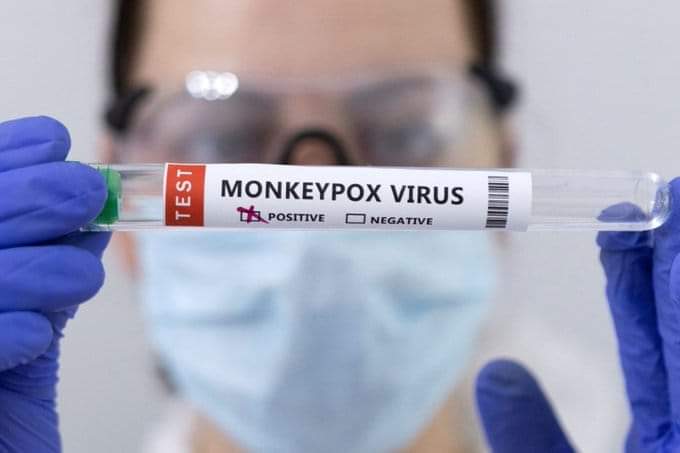By Adeyemi Adekunle
In a significant move to curb the escalating mpox outbreak in Africa, the World Health Organization (WHO) on Monday unveiled a comprehensive six-month action plan aimed at bolstering response efforts in the most affected regions.
The plan, which will run from September through February next year, seeks to strengthen surveillance, prevention, and response strategies while ensuring equitable access to vaccines, particularly in African countries that have been hit hardest by the disease.
The WHO estimates that $135 million in funding will be required to implement the plan, which includes ramping up staffing in affected countries, enhancing on-ground operations, and addressing the surge in cases.
WHO Director-General Tedros Adhanom Ghebreyesus emphasized the urgency of the situation, stating, “The mpox outbreaks in the Democratic Republic of the Congo and neighboring countries can be controlled, and can be stopped.”
As part of the effort to combat the outbreak, the WHO is significantly increasing its personnel in regions most affected by the virus.
This comes in response to the agency’s classification of the current mpox outbreak as a global health emergency in mid-August, reflecting the widespread impact and the critical need for an immediate and robust response.
Mpox, which belongs to the same family of viruses as smallpox, typically presents with milder symptoms such as fever, chills, and body aches, but in more severe cases, it can cause lesions on the face, hands, chest, and genitals.
The virus primarily spreads through close skin-to-skin contact, including sexual intercourse, making it a significant public health challenge in densely populated areas.
The Democratic Republic of the Congo (DRC) has emerged as the epicenter of the outbreak in Africa, reporting over 1,000 new cases in just one week.
The situation in the DRC is particularly concerning, as it accounts for a substantial portion of the more than 21,300 suspected or confirmed cases and 590 deaths reported across 12 African countries this year, according to the African Centers for Disease Control.
In a show of international solidarity, Germany has stepped forward to support the WHO’s efforts by donating 100,000 doses of mpox vaccine to affected countries.
The German government’s spokesperson, Steffen Hebestreit, announced the donation on Monday, noting that the vaccines would be drawn from stocks held by the German military.
The WHO’s six-month plan also underscores the importance of fair and equitable access to vaccines, with a particular focus on African nations where healthcare infrastructure may be less equipped to handle such outbreaks. This initiative aims to bridge the gap in vaccine distribution, ensuring that the hardest-hit populations receive the necessary protection to stem the spread of the virus.
As the world continues to grapple with the effects of the mpox outbreak, the WHO’s plan represents a crucial step in mobilizing global resources to address the crisis. With concerted efforts from international partners and increased on-the-ground support, there is hope that the outbreak in Africa can be brought under control, preventing further loss of life and mitigating the impact on vulnerable communities.




